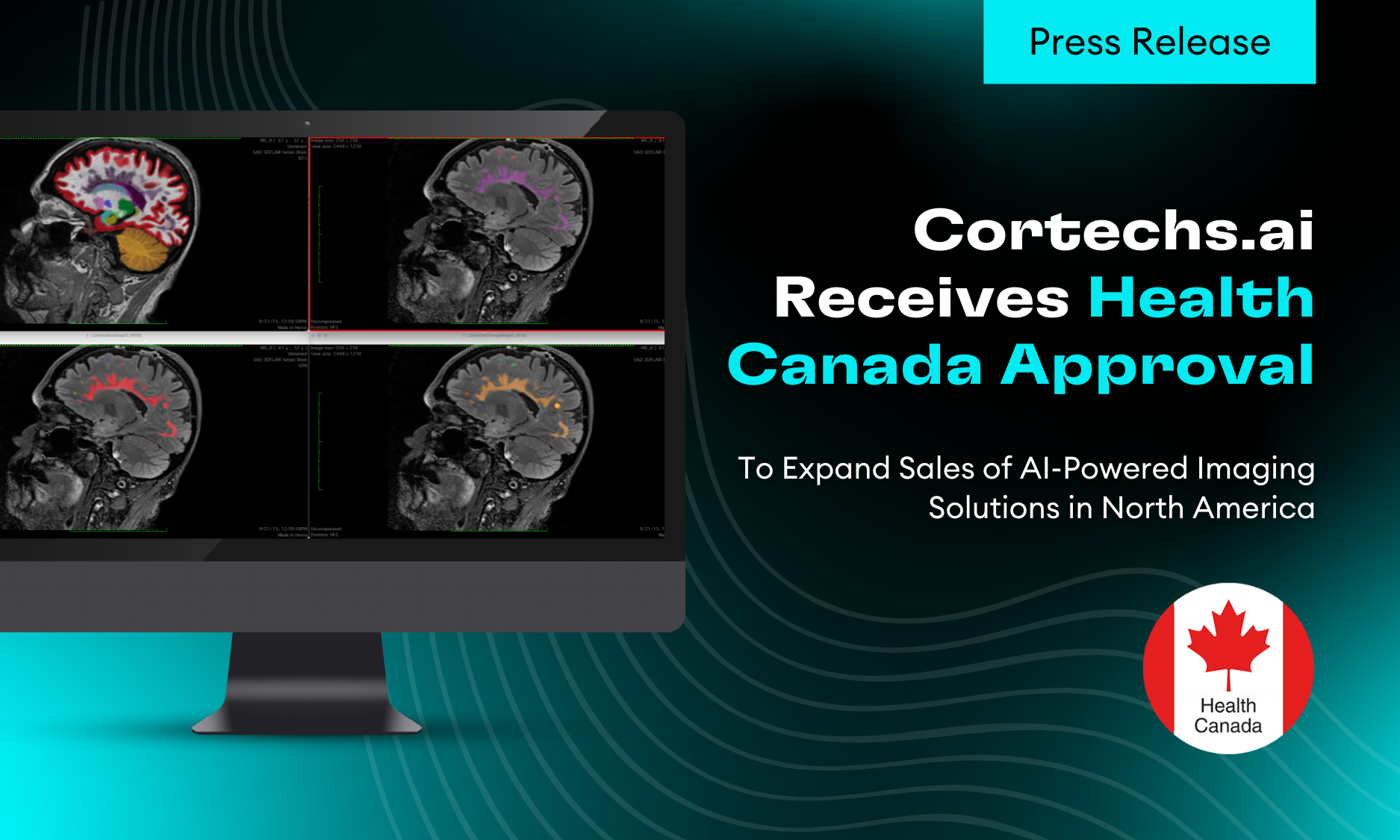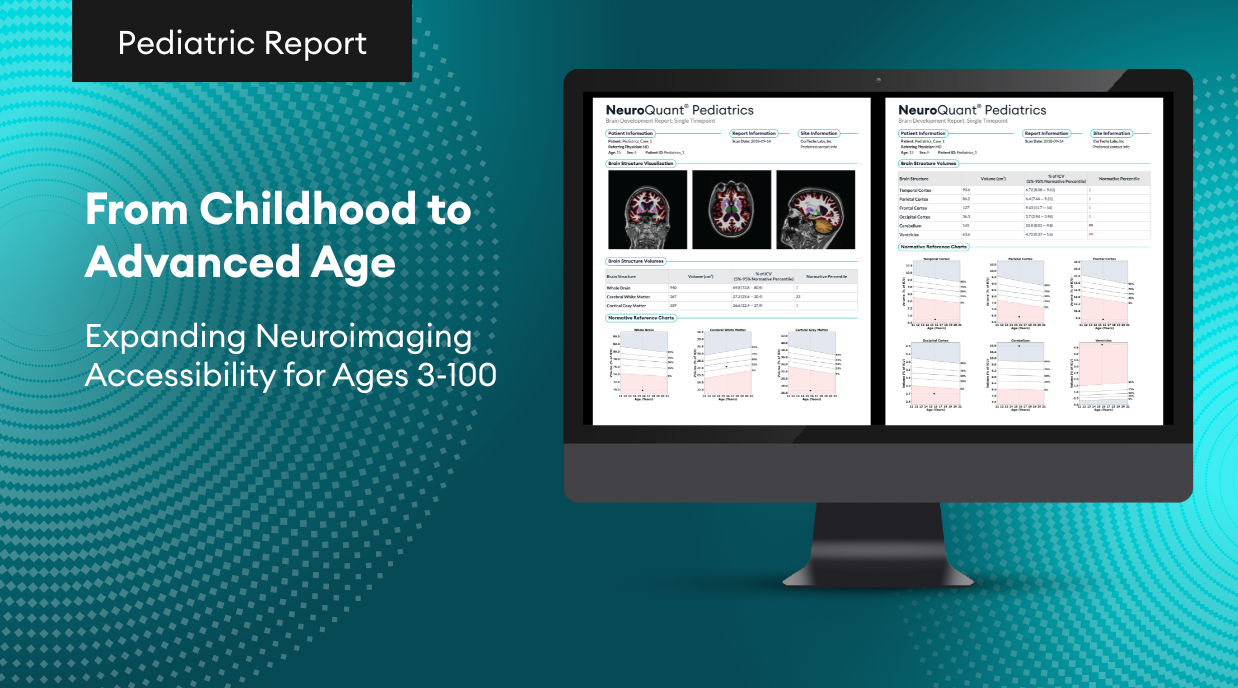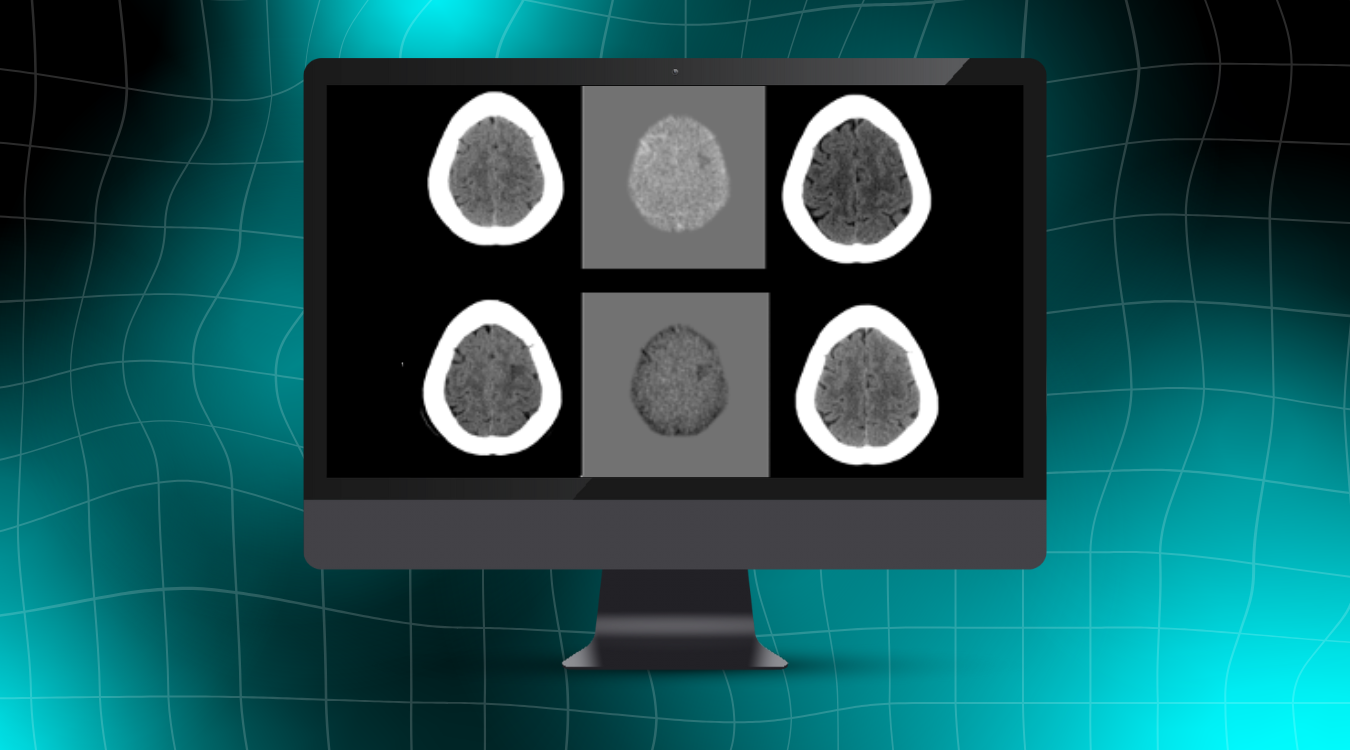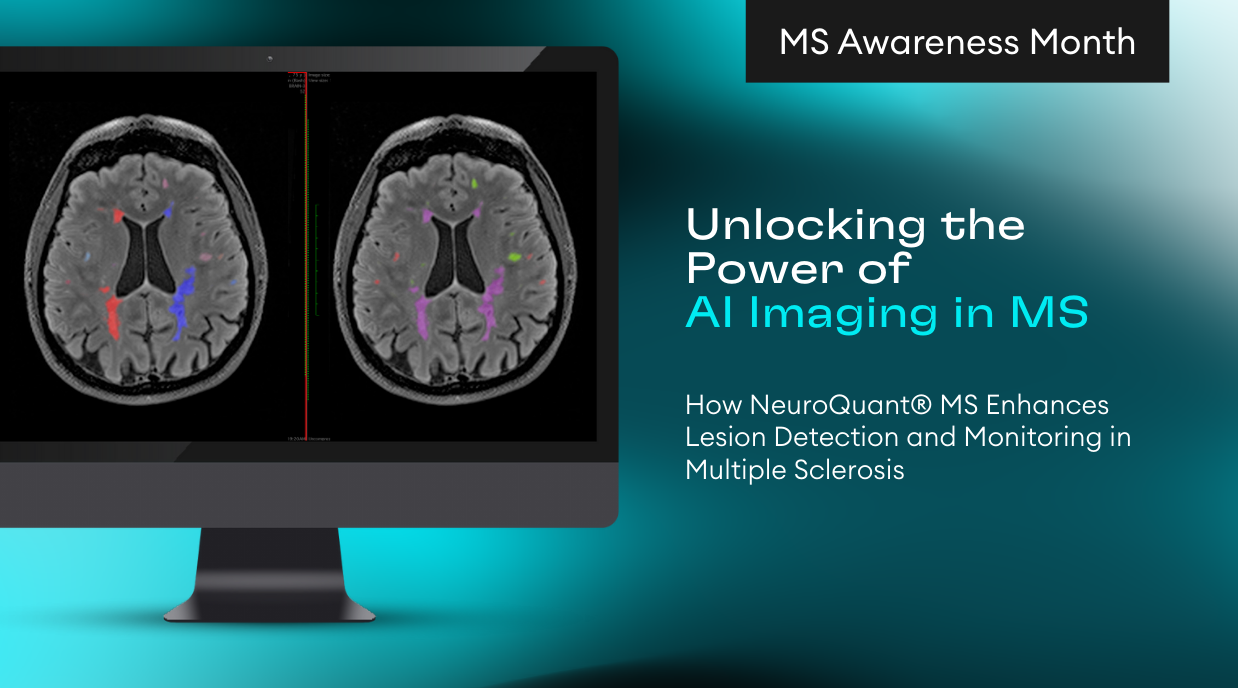Mesial temporal sclerosis: accuracy of NeuroQuant® versus neuroradiologist
A study to compare the accuracy of a volumetric fully automated computer assessment of hippocampal volume asymmetry versus neuroradiologists’ interpretations of the temporal lobes for mesial temporal sclerosis (MTS), which is important for patients with temporal lobe epilepsy. American Journal of Neuroradiology, 2015 April 23.
[button]Download[/button]






